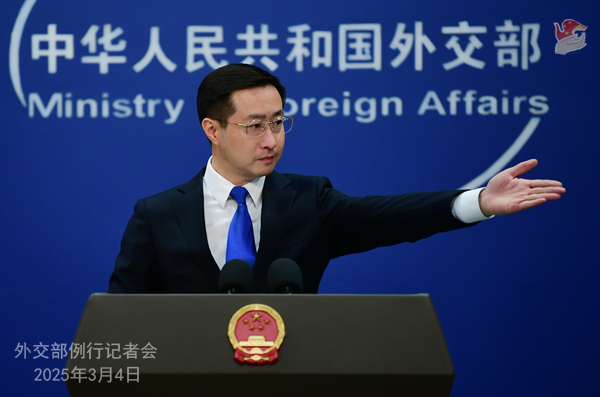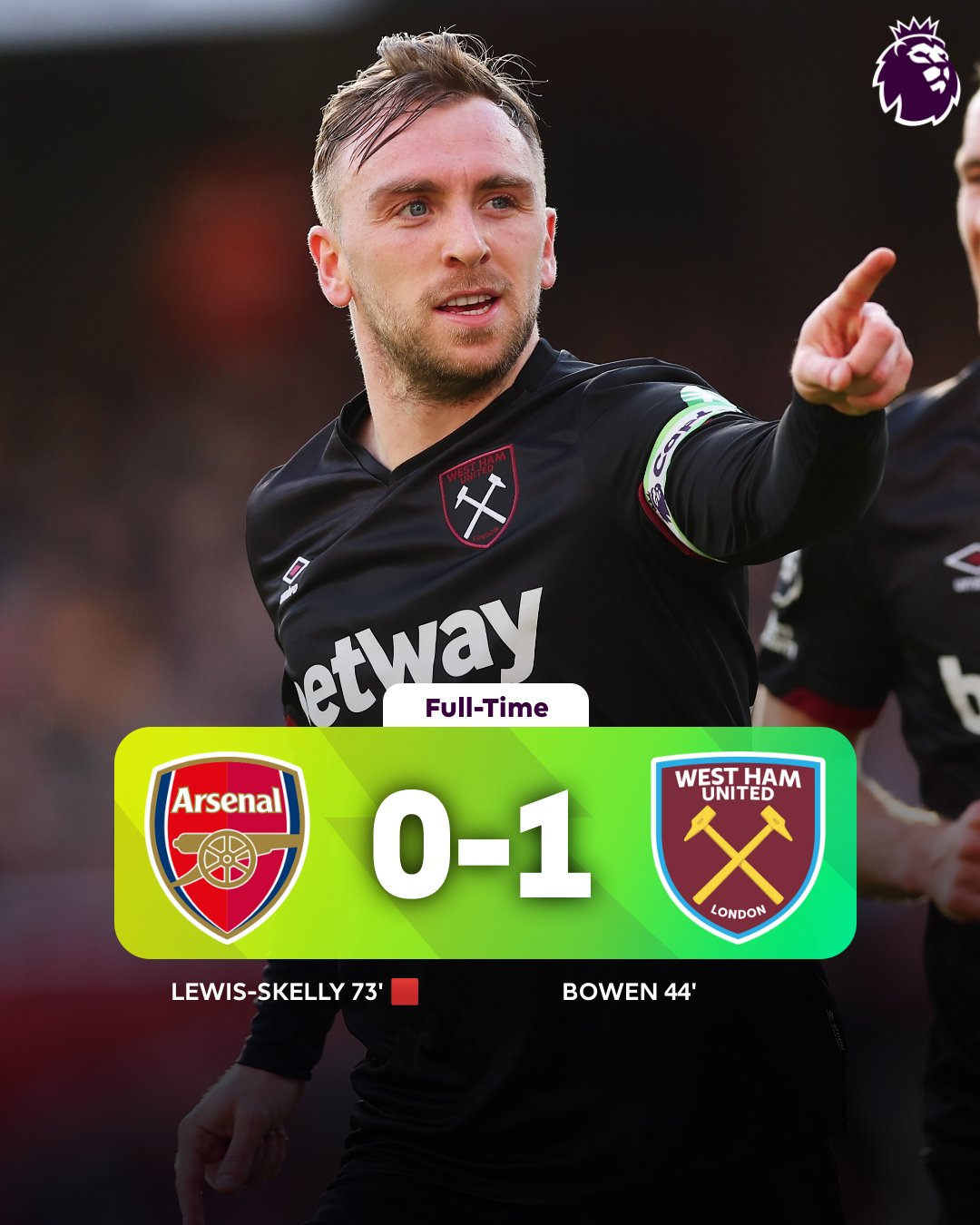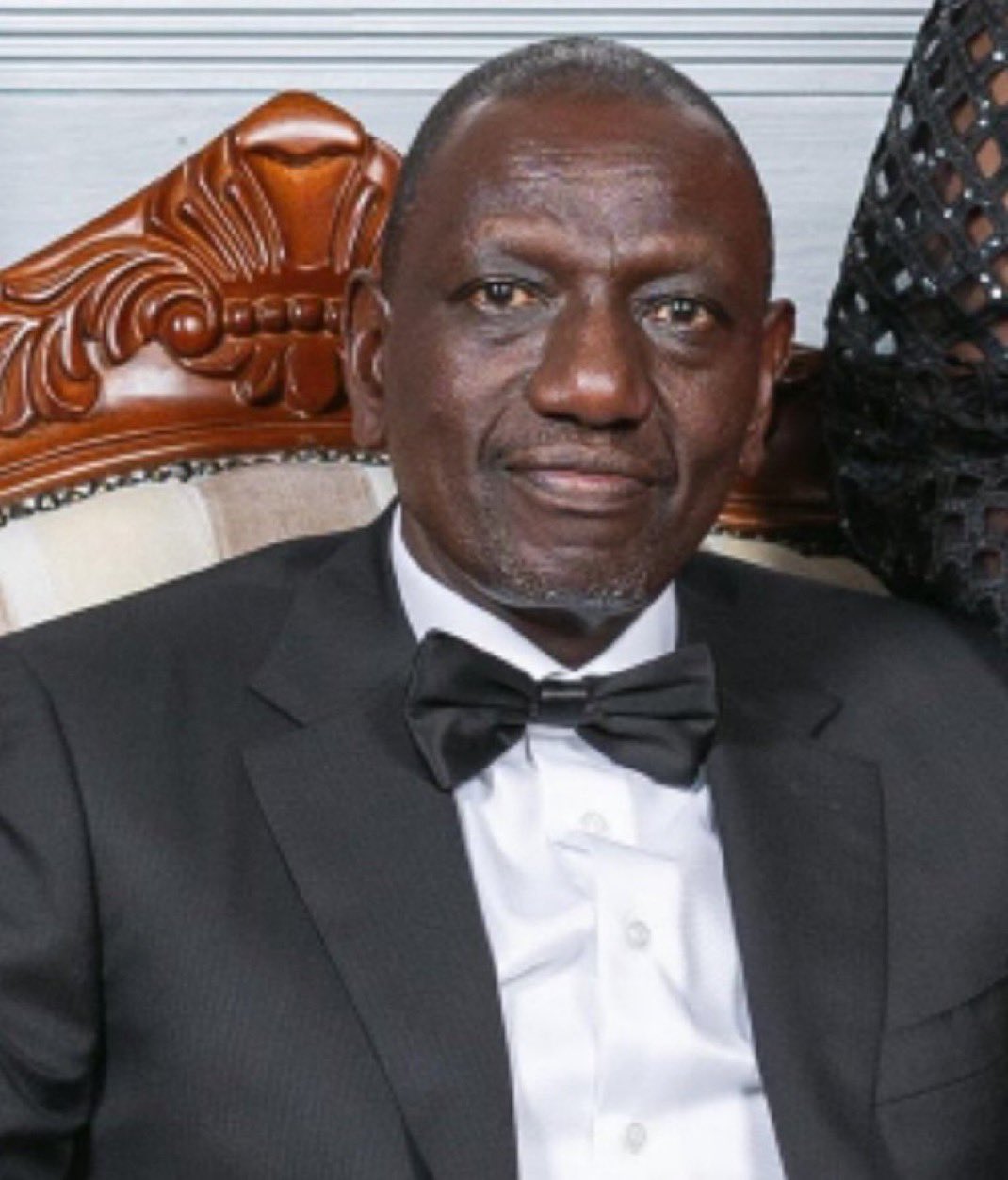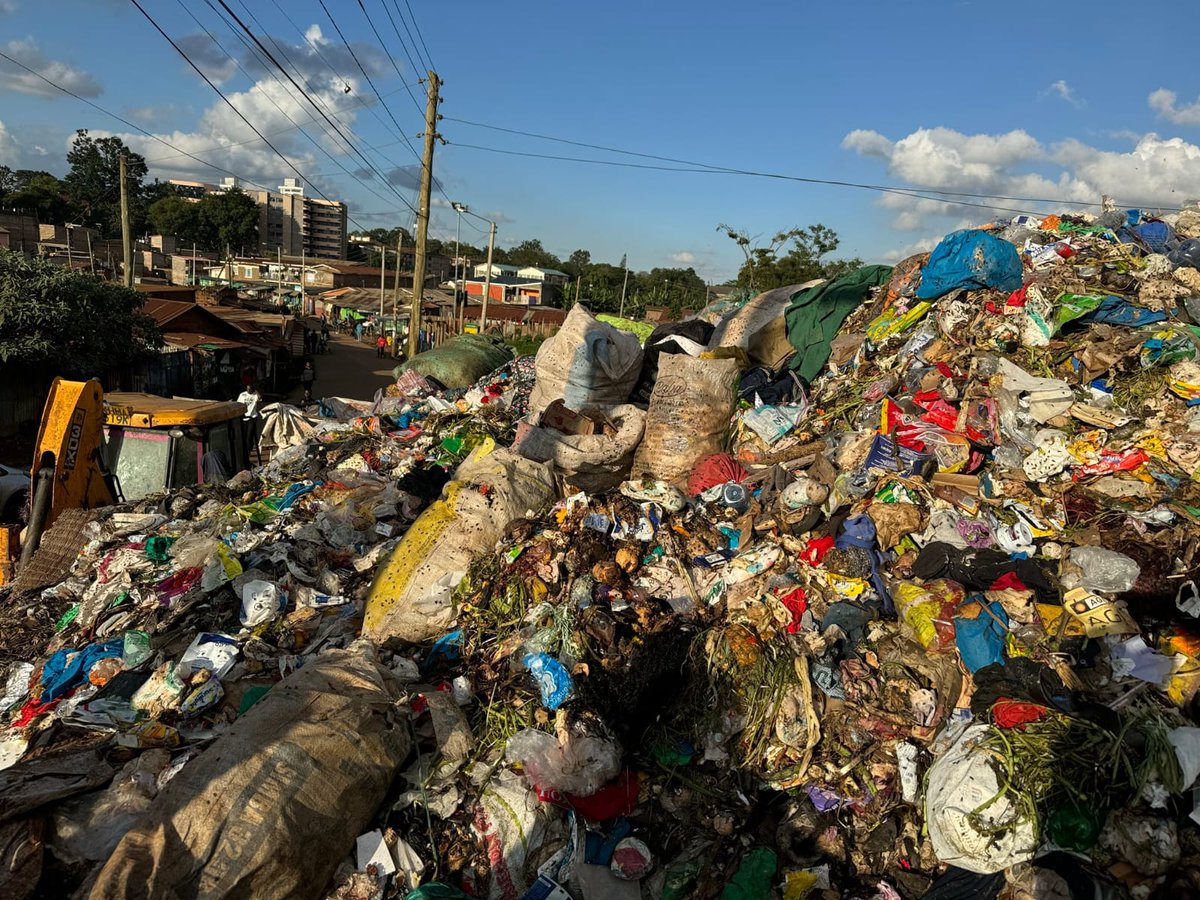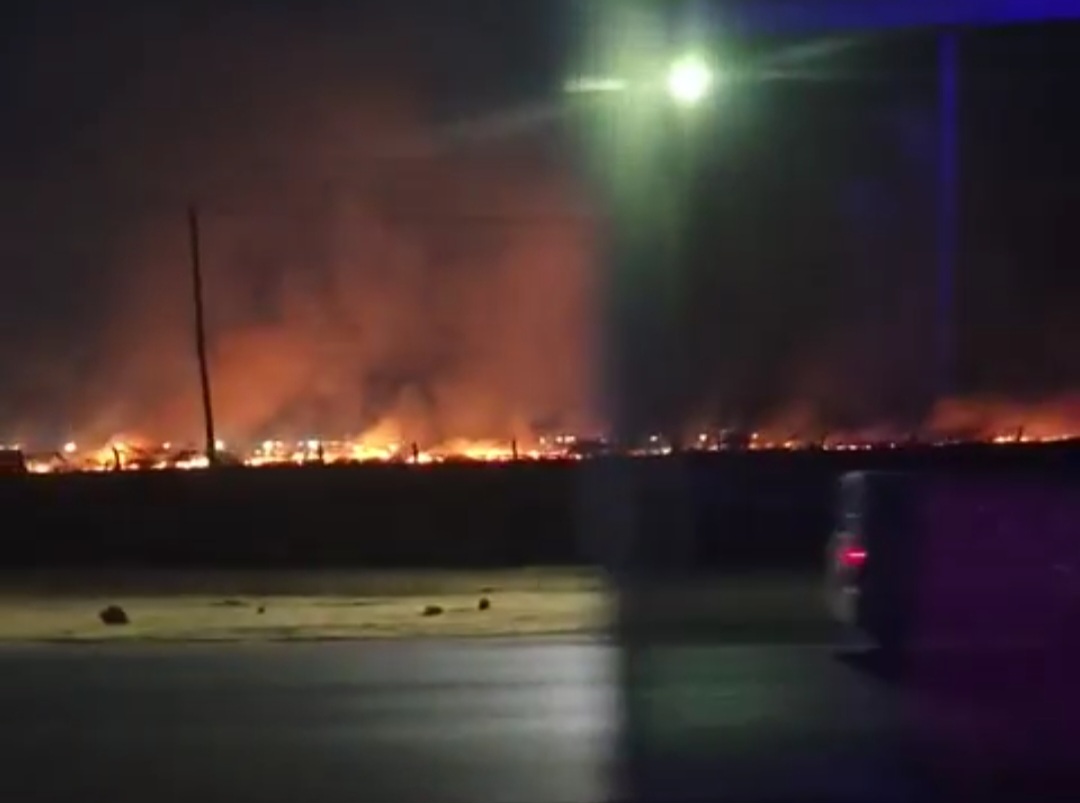
Raila Odinga, a prominent Kenyan political figure, has been at the forefront of numerous struggles and reforms in Kenya. Here are some of the key causes and issues he has championed:
- Multi-Party Democracy: Raila was a key figure in the fight against the one-party state during the Moi regime in the 1980s and early 1990s. His efforts contributed to the reintroduction of multi-party democracy in Kenya in 1991.
- Constitutional Reform: Raila played a significant role in advocating for constitutional reforms, leading to the adoption of the 2010 Constitution. This new constitution introduced a devolved system of government, strengthened the judiciary, and provided a bill of rights.
- Electoral Justice: Raila has been a vocal advocate for free, fair, and transparent elections in Kenya. He has contested multiple presidential elections and has often challenged the results, calling for electoral reforms to prevent rigging and ensure credibility in the electoral process.
- Devolution: Raila has been a strong proponent of devolution, which was enshrined in the 2010 Constitution. He has consistently advocated for the empowerment of county governments to bring services closer to the people and reduce the concentration of power in Nairobi.
- Good Governance and Anti-Corruption: Throughout his political career, Raila has spoken out against corruption and poor governance. He has called for accountability in public service and has been involved in efforts to expose and combat corruption in various administrations.
- Human Rights and Social Justice: Raila has long been an advocate for human rights and social justice, speaking out against police brutality, extrajudicial killings, and other human rights abuses.
- He has also championed the rights of marginalized communities and fought for social equity.
- Raila Odinga’s legacy in Kenyan politics is marked by his persistent struggle for democracy, justice, and equity, making him a central figure in the country’s political evolution.
- Economic Empowerment: Raila has pushed for policies aimed at reducing poverty, creating jobs, and improving the livelihoods of ordinary Kenyans. His economic vision often emphasizes infrastructure development, industrialization, and equitable distribution of resources.
- Peace and National Unity: In the wake of the 2007-2008 post-election violence, Raila played a crucial role in the peace negotiations that led to the formation of a coalition government. He has continued to advocate for national unity and reconciliation, often calling for dialogue to resolve political conflicts.
